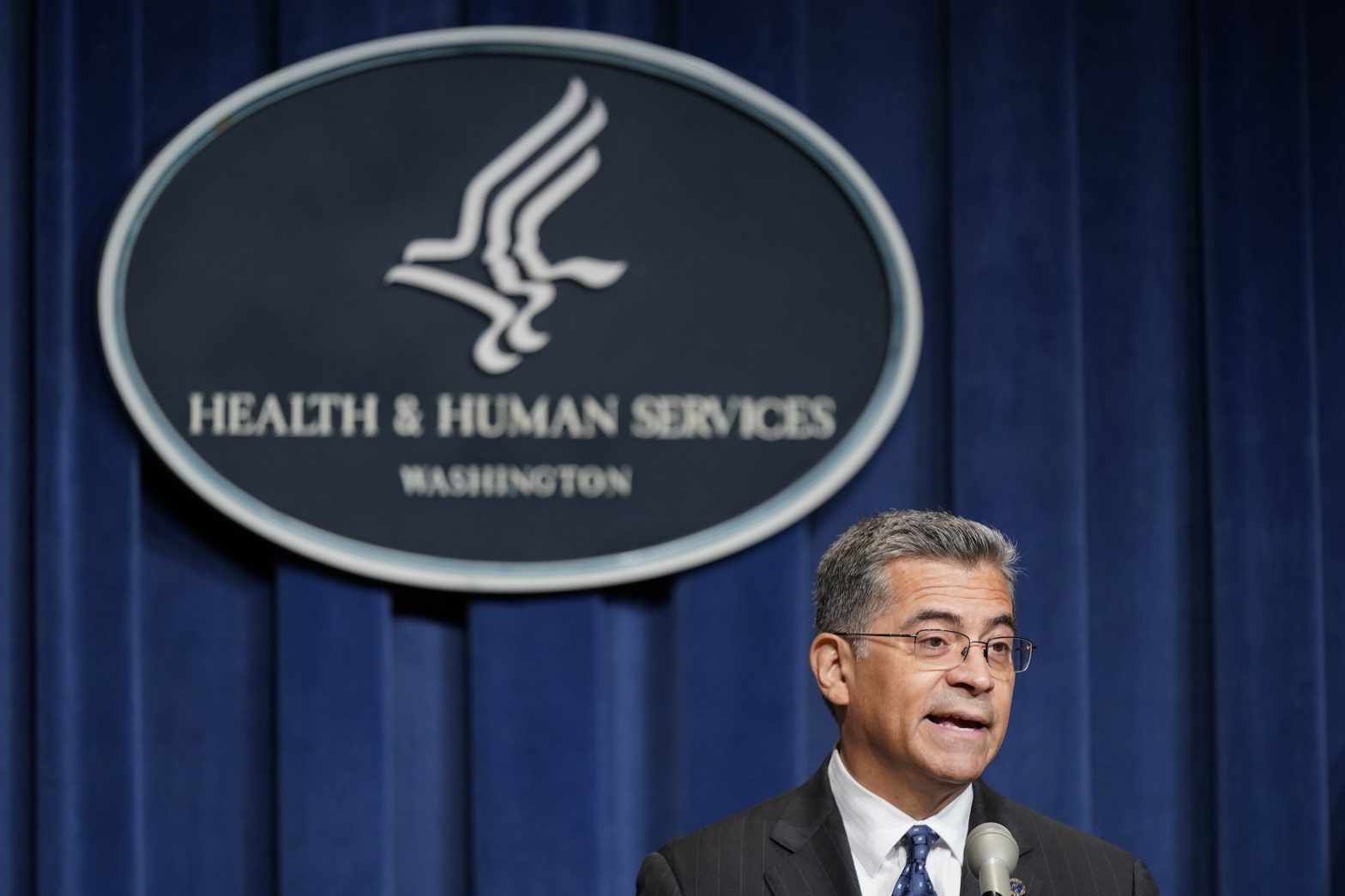HHS Finalizes Physician Payment Rule Strengthening Access

WASHINGTON — A proposed physician fee schedule for 2023 published this past week by the Centers for Medicare and Medicaid Services aims to increase access to behavioral health care, cancer screening and dental care.
The Calendar Year 2023 Physician Fee Schedule final rule also promotes innovation and coordinated care in the Medicare program through Accountable Care Organizations.
According to the Department of Health and Human Services, the rule directly supports President Biden’s Cancer Moonshot goal to cut the death rate from cancer by at least 50% and also supports the administration’s commitment to strengthening behavioral health, which the president outlined in his first State of the Union address.
“The Biden-Harris administration is committed to expanding access to vital prevention and treatment services,” said HHS Secretary Xavier Becerra in a written statement.
“Providing whole-person support and services through Medicare will improve health and well-being for millions of Americans and even save lives,” he said.
CMS Administrator Chiquita Brooks-LaSure said access to services promoting behavioral health, wellness and whole-person care is key to helping people achieve the best health possible.
“The Physician Fee Schedule final rule ensures that the people we serve will experience coordinated care and that they have access to prevention and treatment services for substance use, mental health services, crisis intervention and pain care,” Brooks-LaSure said.
In line with the 2022 CMS Behavioral Health Strategy, the agency is making it easier for Medicare beneficiaries to get behavioral health services by allowing behavioral health clinicians, like licensed professional counselors and marriage and family therapists, to offer services under general (rather than direct) supervision of the Medicare practitioner.
Medicare will pay Opioid Treatment Programs that use telecommunications with patients to initiate treatment with buprenorphine, an agonist used in opioid addiction treatment.
The Centers for Medicare and Medicaid Services is also clarifying that Opioid Treatment Programs can bill for opioid use disorder treatment services provided through mobile units, such as vans, in accordance with Substance Abuse and Mental Health Services Administration and Drug Enforcement Administration guidance.
CMS is also finalizing policies to pay for clinical psychologists and licensed clinical social workers to furnish integrated behavioral health care as part of a primary care team. Finally, Medicare will provide a new monthly payment for comprehensive treatment and management services for patients with chronic pain. These new services offer a whole-person approach to care.
The agency is also making changes to the Medicare Shared Savings Program, changes it called “some of the most significant reforms since the program was established in 2011.”
Expanding Coverage for Colon Cancer Screening
Colon and rectal cancers continue to be a leading cause of death in the United States with even higher new cases and death rates for Black Americans, Native Americans and Alaska Natives.
Medicare will now reduce the minimum age for colorectal cancer screening from 50 to 45, in alignment with recently revised policy recommendations by the U.S. Preventive Services Task Force.
Additionally, Medicare will now cover as a preventive service a follow-up colonoscopy screening after a non-invasive stool-based test returns a positive result, which means that beneficiaries will not have out-of-pocket costs for both tests.
CMS is also codifying current policies in which Medicare Parts A and B pay for dental services when that service is integral to treating a beneficiary’s medical condition.
Medicare will also pay for dental examinations and treatments in more circumstances, such as to eliminate infection preceding an organ transplant and certain cardiac procedures beginning in CY 2023 and prior to treatment for head and neck cancers beginning in CY 2024.
Finally, CMS is establishing an annual process to review public input on other circumstances when payment for dental services may be allowed.
Dan can be reached at [email protected] and @DanMcCue

























